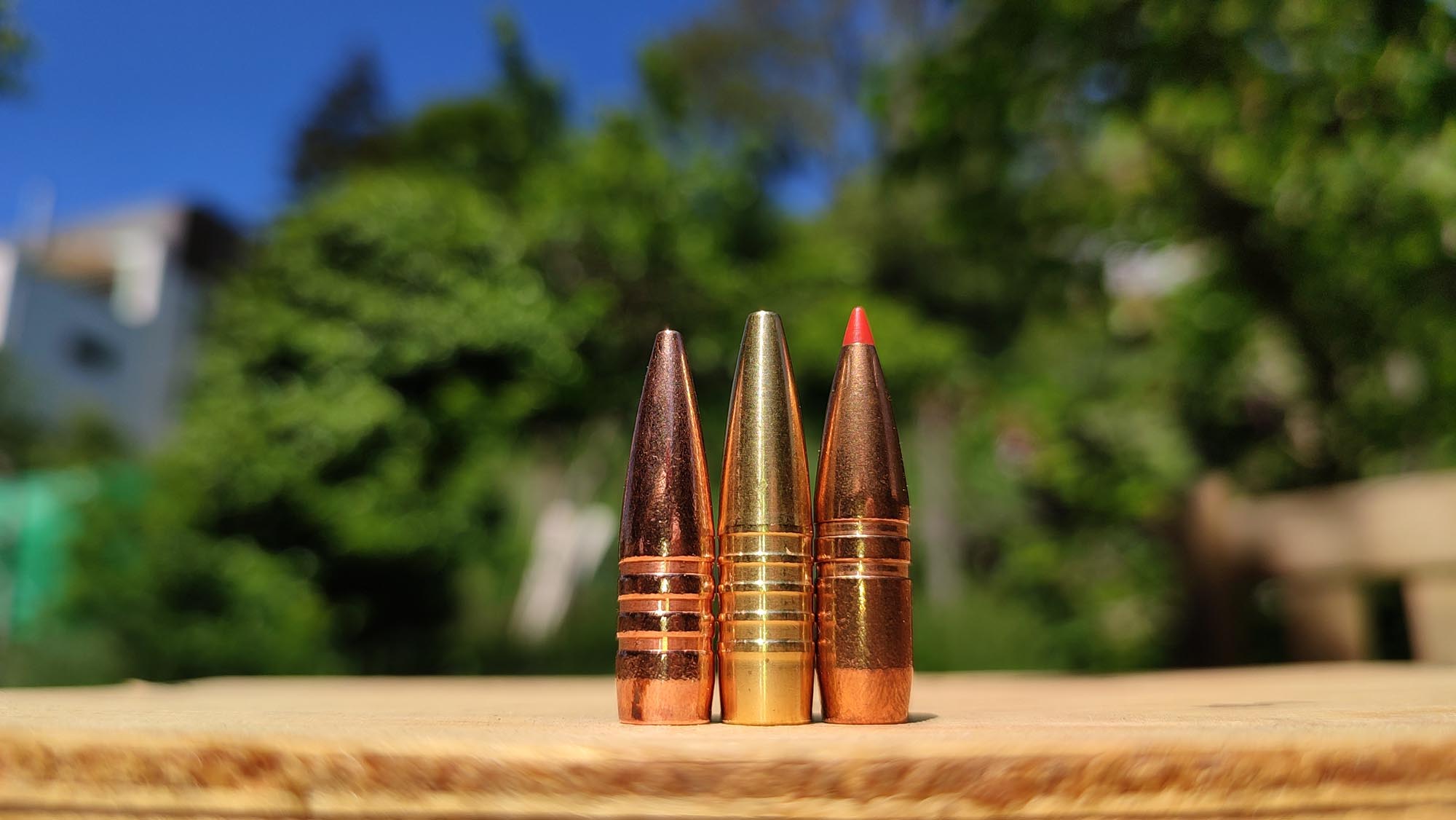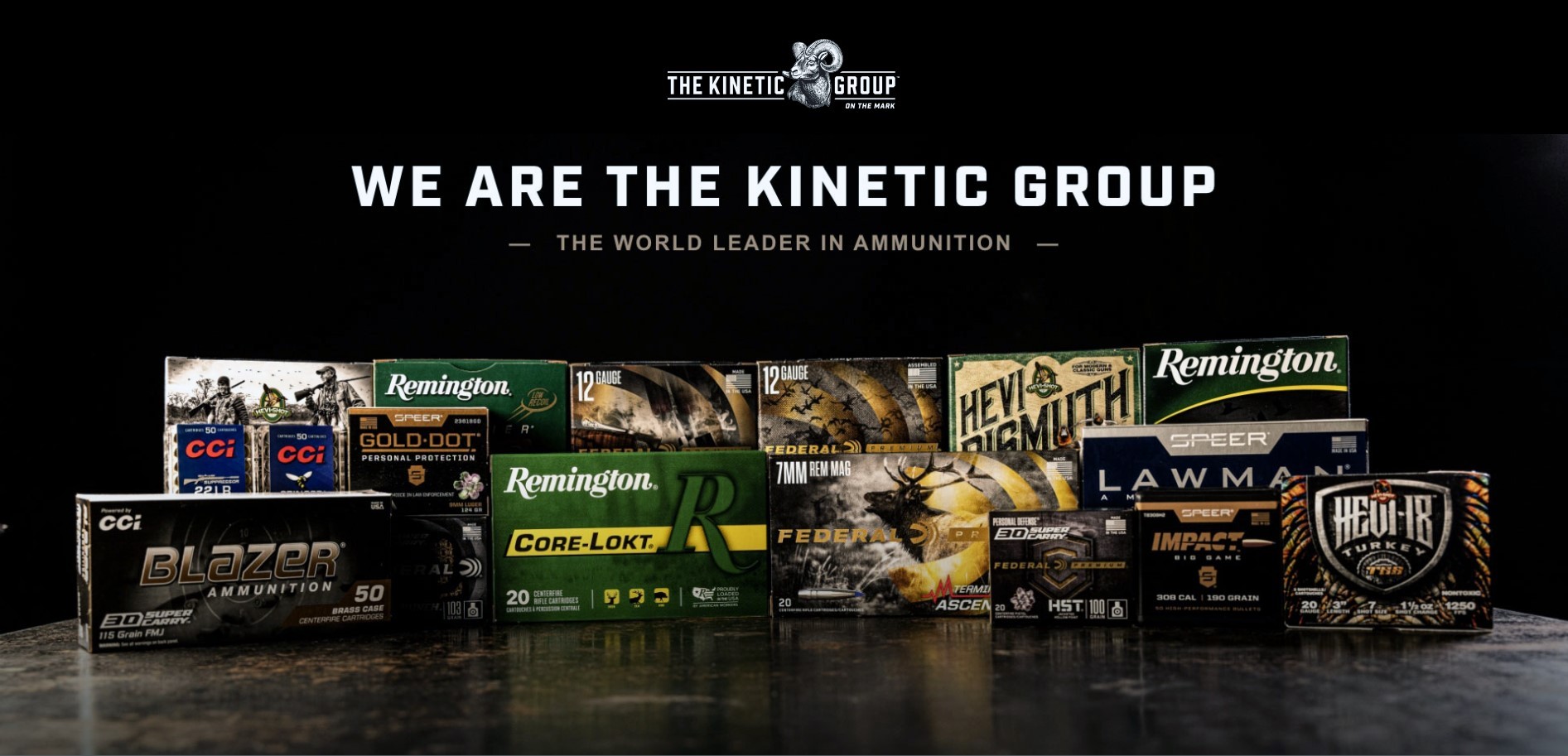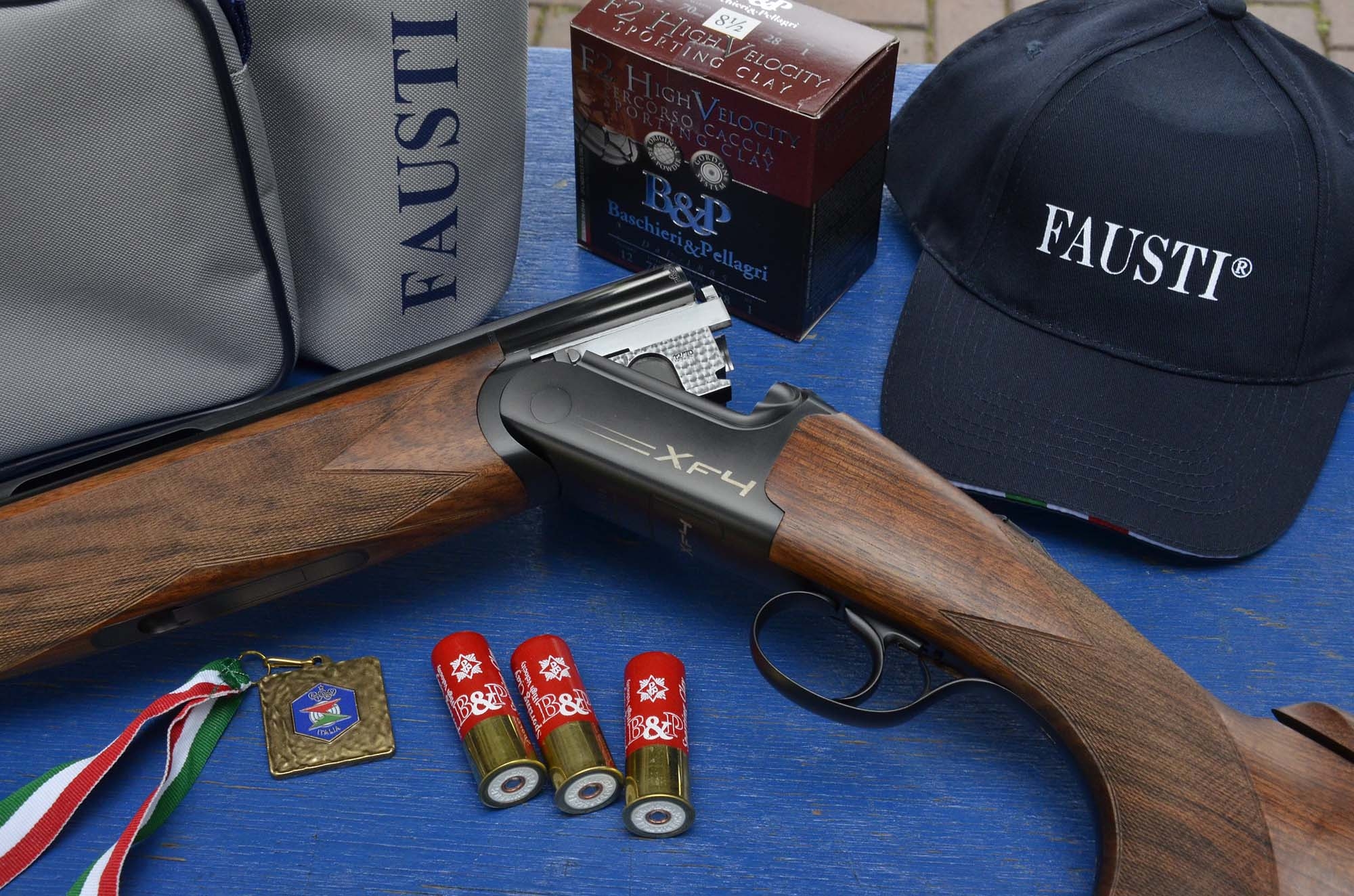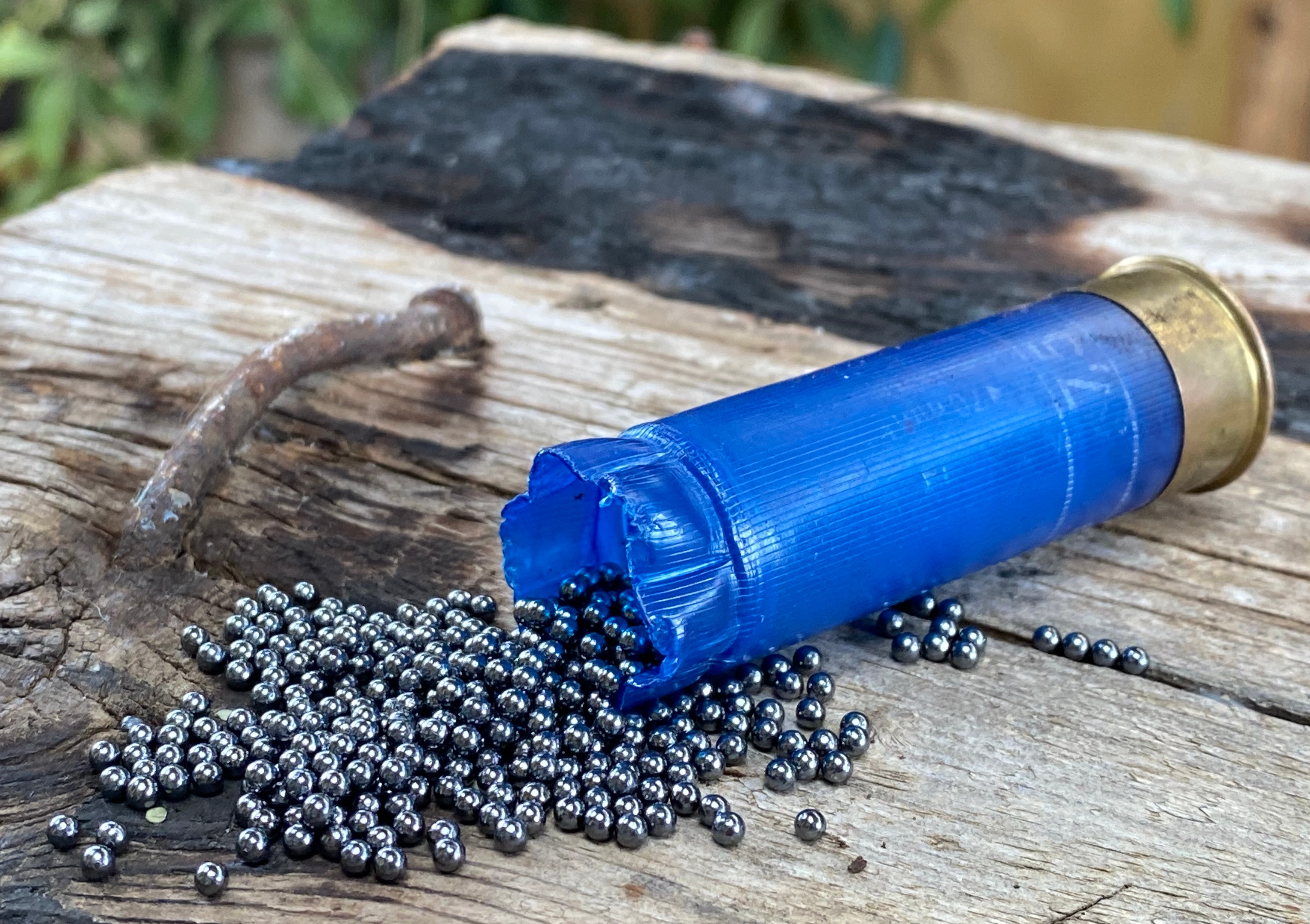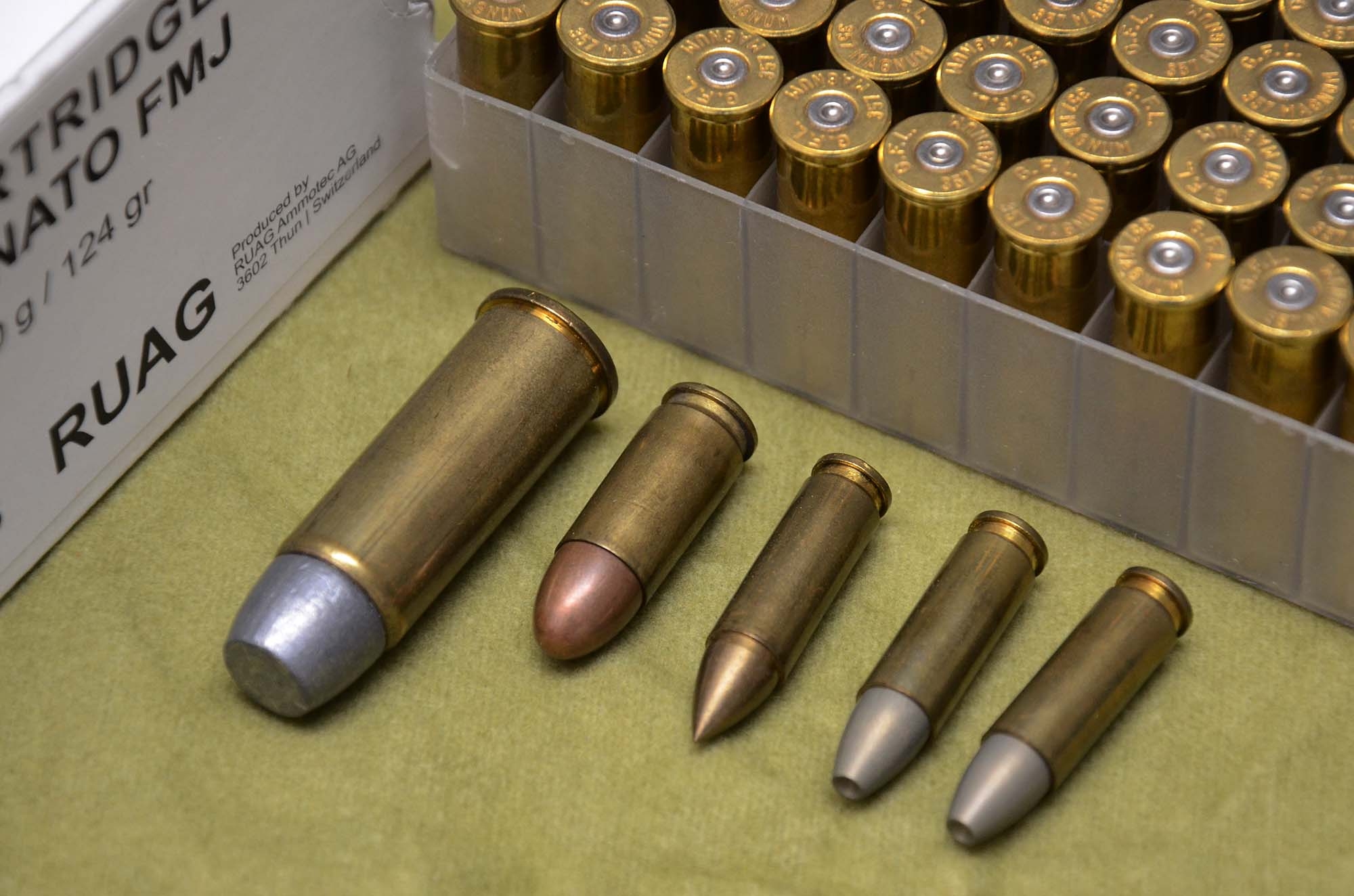As you should know, the EU has been going on a crusade against lead ammo over the past few years, and a couple of weeks ago the REACH Committee decided the draft Commission Regulation amending Annex XVII to REACH by prohibiting the use and carrying of lead gunshots in or within 100 metres of wetlands. This means that 7 million European hunters are now facing (very) serious legal problems and the entire shooting and hunting sector will be affected – we reported the matter here: "Hunters' fundamental legal rights have been breached”.

Many groups and associations are actually reacting against what they define “a breach of fundamental rights”. Among them, the European Federation for Hunting and Conservation (FACE). We asked FACE's Secretary General, Dr. David Scallan, to explain the issue.
Why is there a need to phase out lead shot over wetlands?
“Phasing out the use of lead shot for hunting over wetlands is a well-justified and long-standing objective in line with the African-Eurasian Migratory Waterbird Agreement (AEWA). It prevents ducks and geese from accidently ingesting lead shot pellets when searching for grit (small stones) to help digest their food. Importantly, 23 Member States have workable and understandable laws in place. The Member States without such laws are Ireland, Romania, Poland, Malta and Slovenia. It should be noted however that there are very few wetlands on Malta and not much duck hunting in Slovenia.”
What are the main problems?
“First, the definition of a wetland: the Commission proposes to use the full Ramsar definition of ‘wetlands’, which includes expansive areas of land without visible water, such as peatlands. This definition will be highly ambiguous for hunters and enforcement officers in deciding what areas are peatlands (including many dry forest areas) and where such peatlands occur at the field level. The definition even includes temporary puddles after rainfall, which will make it impossible for hunters to know whether they are in breach of the regulation or not – especially as the definition changes with weather conditions. It would be practical, proportionate and understandable to hunters and enforcement officers to define wetlands as areas with visible open water with a minimum size of 3 metres.
Secondly, banning possession: Buffer zones are included in the proposal, which prohibit the use and carrying of lead shot in or within 100 metres of wetlands. Hence, anyone in possession of lead shot within 100 metres of water will be presumed to be guilty of wetland shooting. Considering that the definition of wetlands depends upon unpredictable weather conditions, it implies that hunters could be considered guilty without realising that they are crossing a wetland while carrying lead shot. This is clearly a breach of international and European human rights law, including the Convention on Human Rights and the EU Charter of Fundamental Rights. The proposed restriction on possession should be limited to hunters discharging lead shot from a shotgun in or over wetlands”.
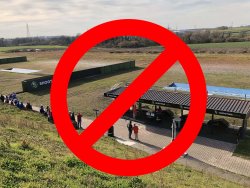
Point 3, impacts on international competitive clay shooting: It would be practically impossible for Olympic and non-Olympic international clay shooting competitions to be held in any EEA country. Already one rain shower would mean that using lead shot is not allowed, and these are lead shot-only events. Further, it is estimated that over 600 shooting ranges have permanent water features present. No assessment of the impacts of this law on clay shooting was conducted.
Lastly, the transition period: without any socio-economic rationale, the Commission proposed a much shorter transition period (24 months) than the European Chemicals Agency (ECHA) did in its opinion, which was 36 months. A proper transition period is needed, which should be at least 36 months following ECHA’s opinion and 60 months for countries that have no restriction in place”.
The law is still under development: what stage are we now?
“The Commission’s proposal is now with the European Parliament, which has the power to reject it, because it exceeds the implementing powers conferred in the basic legislative act and does not respect the principle of proportionality. If an objection process is triggered, the proposal with will be debated by the Environment Committee and the European Parliament. It is likely that Members of the European Parliament (MEPs) will take the matter very seriously, because of its unintended consequences resulting in total confusion and legal uncertainty for so many EU citizens. We expect that many MEPs will call for the file to be sent back to the REACH Committee for further work. There are simple solutions to make this workable, as explained in this video: https://www.face.eu/2020/08/phasing-out-lead-gunshot-over-wetlands-why-the-ec-proposal-is-unworkable/ “
ESSF: a proposal “far beyond the EU’s competence”
The same views are shared by other organisations and associations, such as the European Shooting Sports Forum (ESSF), an informal platform where representatives of international bodies active at European level in the fields of sports shooting, hunting, firearms collecting, trade and industry maintain an open dialogue to discuss issues of common interest, in particular the environmental, legal, political and socio-economic aspects of such activities.

"Few are opposed to phasing out lead shot for hunting over wetlands, but the current proposal creates too many unresolvable problems, is in breach of fundamental human rights and won’t work in practice," argues EFFS's Marta Gomez.
“This is the first time that the EU will directly regulate Europe’s 10 million hunters and sport shooters in Europe with a law that is in breach of the principles of legal certainty, the presumption of innocence and proportionality. The proposal goes far beyond the EU’s competence. If adopted, it would create major problems related to regulatory compliance and law enforcement at national level,” she adds.
“We believe that MEPs have a simple decision: reject the proposal and put it back to the REACH Committee,” concludes Gomez.



